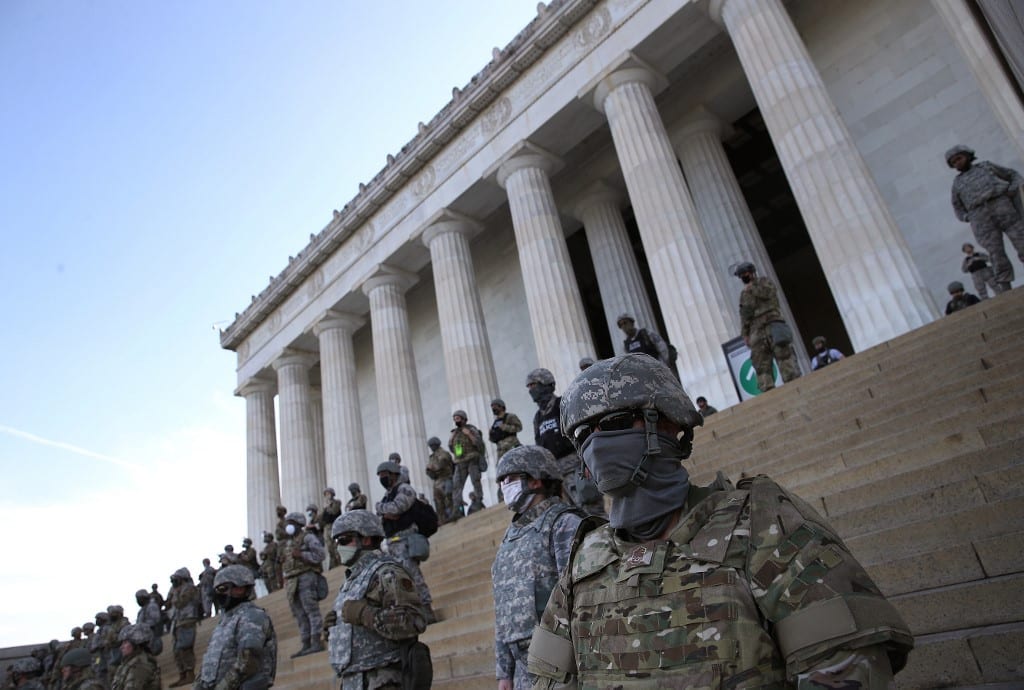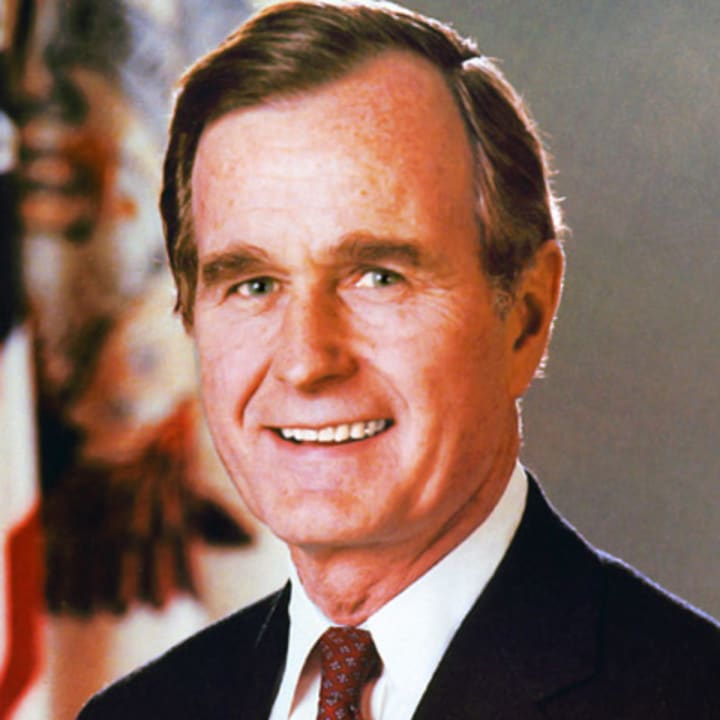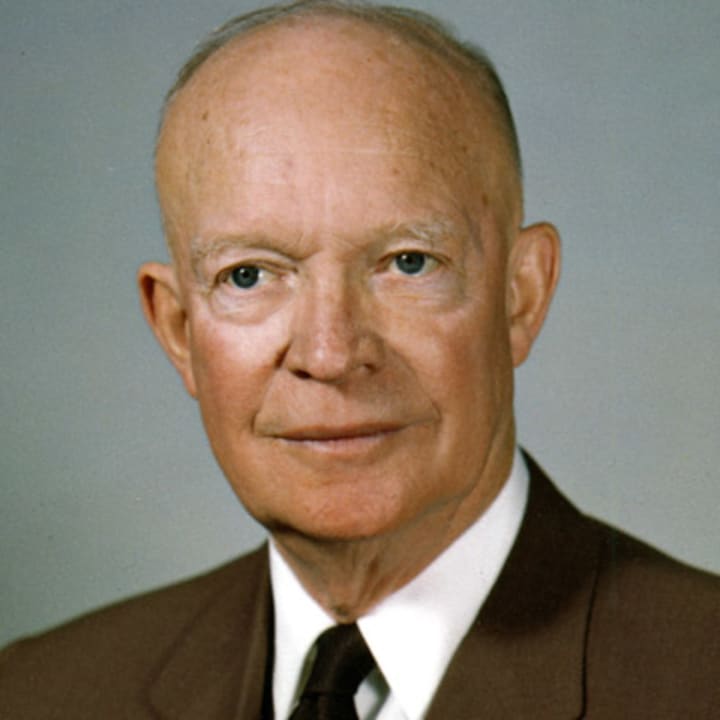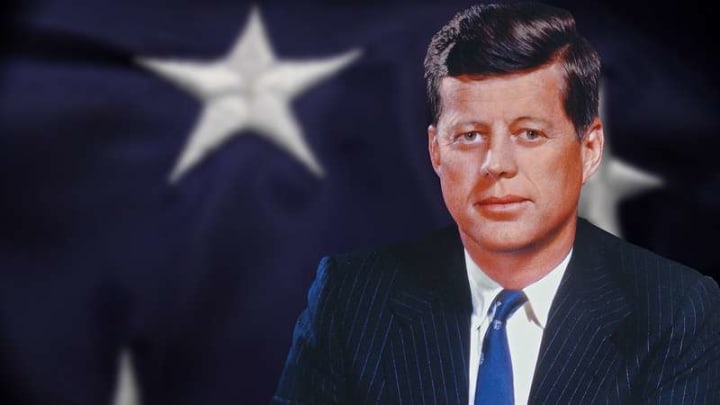Can U.S Presidents Deploy US Troops on American Soil?
The simple answer to this question is yes, nevertheless there are some conditions. This article seeks to clarify things. A new controversy was generated in Washington DC over this same issue when President Trump said he may deploy active U.S military forces to stop the riots and looting following the murder of George Floyd by officers the Minneapolis Police.

George Floyd’s suffocating death at the hands of four Minneapolis Police officers generated so many demonstrations across the United States and many other countries across the world. Some of the protests in the United States turned violent and looting became rampant in many cities at the early stages of the rally. Lately things have settled down to peaceful demonstrations in the US.
A controversy has risen, when the President Donald Trump said the Mayors and Governors were loose and soft with their strategies to quell the riots and looting going on in most US Cities. The president said he may deploy the US military to take control of things. While deployment of American troops falls within the domain of Presidential powers, the decision nonetheless raised much controversy. whether the situation warrants calling up active US military personnel for such deployment. This article discusses circumstances past American Presidents have deployed US troops on American soil.
Posse Comitatus Act of 1878
Under this law with all its amendments and additional regulations the use of American active-duty military forces including the Army, Navy, Air force and U.S Marines is prohibited in domestic law enforcement.
However the Posse Comitatus Act of 1878 did not forbid the use of National Guards based in U.S. in the area of domestic law enforcement. The National Guards were deployed in Minneapolis following the request by the State Governor of Minnesota, Tim Walz who invoked his executive order and called in the Minnesota National Guards to assist in restoring peace and order to the streets of Minneapolis.
Insurrection Act of 1807
The Insurrection Act of 1807 is a U.S federal law (10 U.S.C. §§ 251–255; prior to 2016, 10 U.S.C. §§ 331–335) with all the amendments in 2006 and 2007 which gives US Presidents the power to deploy American soldiers and U.S. National Guards on American soil without Congressional approval. This type of deployment has happened many times in the past. During the 1800s and early 1900s, the Insurrection Act was invoked by President Lyndon Johnson during the civil unrest in places like Chicago, Detroit and Baltimore in 1960s.

President George H.W. Bush also used American Troops to respond to riots and looting in Los Angeles during the Rodney King riots in 1992. Rodney King incident in Los Angeles, like the George Floyd killing in Minneapolis infuriated so many Americans when the videos of such L.A. police racist attack was published.

In both instances, President Johnson and Bush were responding to requests for assistance from state governors to help in stabilizing matters so these Presidents were in order following such deployments.

Instances of deployment of US forces on American soil without the request of state governors goes back to the era of Civil Rights when President Dwight Eisenhower used Army paratroopers to help in Arkansas desegregation case at Central High School in Little Rock Arkansas in 1957 because the state governor was against such desegregation order.

President John F. Kennedy sent in the Federal Forces in 1962 over the riots in Mississippi to enforce federal laws, following the state of Mississippi inaction over the admission of a black student to University of Mississippi.

Many Constitutional experts say Trump has broad powers to act under the Insurrection Act particularly in the area of quelling riots and looting, if local troops fail to act. Nonetheless President Trump’s usage of troops to disperse peaceful demonstrators in Washington Park so he could do a photo op in front of the St John's Church is unprecedented and such exercise of power is unconstitutional according to experts, and no other past U.S. Presidents have used power that way in the past. Trump has been criticised by his former Defence Secretary Jim Mattis, while the current Defense Secretary Dr. Mark Esper said he would not deploy active military troops on the streets to carry out civilian law enforcement obligations.





Comments
There are no comments for this story
Be the first to respond and start the conversation.